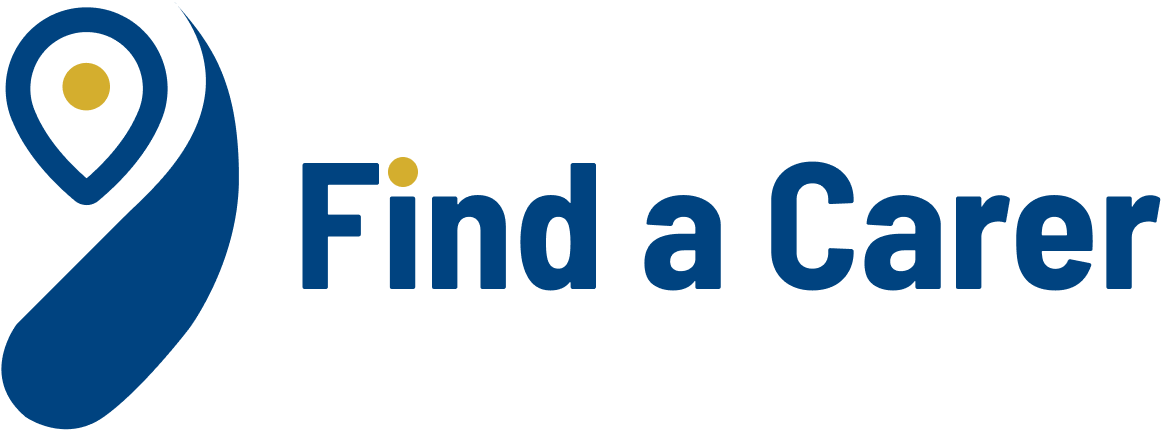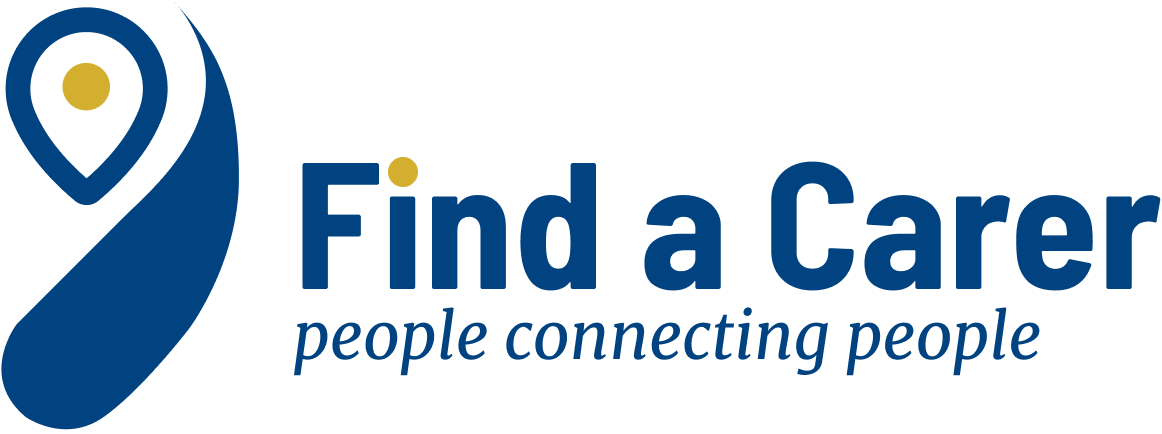WORKING WITH NDIS PARTICIPANTS- Independent Support Worker obligations
Find a Carer supports the National Disability Insurance Agency and its Code of Conduct for disability service workers and service providers: ZERO TOLERANCE OF ABUSE OF PEOPLE WITH A DISABILITY
You must read the NDIS CODE OF CONDUCT – GUIDANCE FOR WORKERS before commencing work with NDIS Participants through the Find a Carer platform. Please click here for the full booklet.
By agreeing to the platform terms and conditions you agree to follow the Code of Conduct in your interactions with NDIS participants and their families.
You must:
- treat people with a disability with dignity and respect, and uphold their human rights
- support people with a disability to meaningfully engage with their local community and society
- actively listen to people with a disability and their families, carers and advocates to deliver support with their interests and needs in mind
- always take action to ensure a person with a disability you have reason to believe may have been abused, exploited, harassed or neglected receives appropriate support (for example, medical support, counselling and support to report abuse to the police)
- never abuse, exploit, harass or neglect a person with a disability
- exercise professional and ethical judgement when providing services.
(Source: The Department of Health and Human Services was a government department in Victoria, Australia – 2018)
You must:
- take all allegations of abuse seriously
- report any abuse or suspected abuse to Find a Carer, the NDIS and if necessary, other relevant authorities. This includes reporting incidents that raise concerns about the support provided by another worker or organisation
- if you think we have not acted on your first report and people with a disability are at risk, report the abuse or suspected abuse to other authorities such as the Disability Services Commissioner
- facilitate access to independent support, such as an advocacy service or the Office of the Public Advocate, where a person’s rights are not being upheld.
- participate in training, information sessions and supervision provided by the NDIS that assists you to understand:
- what abuse is and its various forms
- the application of this code of conduct.
(Source: The Department of Health and Human Services was a government department in Victoria, Australia – 2018)
You may raise any concern directly with the NDIS. You can find more information here How to make a complaint about a provider | NDIS Quality and Safeguards Commission (ndiscommission.gov.au)
You can raise your concerns directly with us and we will do our best to address them in a prompt manner. Please use our Incident Form to notify us of any concerns related to a NDIS participant you may be working with.
You must:
- always report sexual misconduct and abuse
- recognise the power imbalance between you and a person receiving your support and how this affects the kinds of behaviour that are appropriate
- never engage in any sexual conduct with a person who you support, including actions committed by force, intimidation, coercion or manipulation
- never engage in any form of sexual activity or behaviour with a person who you support. This includes sexual advances and sexual, personal or erotic comments.
(Source: The Department of Health and Human Services was a government department in Victoria, Australia – 2018)
You must:
- be aware of and actively listen to the expressed needs, values and beliefs of people from cultural, religious and ethnic groups that are different from yours, about culturally relevant needs that affect the delivery of support services. This includes people with a disability, their families, carers and advocates
- consult with families, carers, advocates and other supports to clarify cultural expectations when these are unclear or not currently being met
- respect religious or spiritual beliefs and practices that are different to your own
- ensure cultures that are different from your own are acknowledged and respected.
(Source: The Department of Health and Human Services was a government department in Victoria, Australia – 2018)
You must:
- respect the privacy of people with a disability and their families, carers and advocates
- display professionalism while providing support services
- communicate in a language, form, manner and tone that enables people with a disability to understand the information provided and to make their preferences known
- maintain appropriate professional boundaries, and act at all times to protect the boundaries of the professional relationship
- always recommend and provide supports that serve the needs and interests of people with a disability
- never use the power you have over people with a disability you support for personal gain.
(Source: The Department of Health and Human Services was a government department in Victoria, Australia – 2018)
The NDIS Worker Screening Check (NDISWC)
You are required to have this check to work with a person with disability through the Find a Carer platform. You will need to provide us with your check or application number to approve your profile.
Applying for your NDISWC
For the purpose of this check you will be required to nominate an Employer. For the purpose of this check you may list Find a Carer as your employer, meaning your application will be linked to our organisation so that we can be notified of any changes in your clearance status. It is important to remember that you are an Independent Carer / Support Worker and we do not employ you.
To complete this application you may need the following information
- Our NDIS Quality and Safeguards Commission number is 4-G27JJVM
- Our name is Find a Carer.
Please do not forget to use your own home address as you are an Independent Carer.
- Australian Capital Territory: Access Canberra
- New South Wales: Service NSW
- Northern Territory: SAFE NT
- Queensland: Disability Worker Screening
- South Australia: Department of Human Services Screening Unit
- Tasmania: Consumer, Building and Occupational Services
- Victoria: Department of Justice and Community Safety
- Western Australia: Department of Communities
Raising Concerns
You may raise any concern directly with the NDIS. You can find more information here How to make a complaint about a provider | NDIS Quality and Safeguards Commission (ndiscommission.gov.au)
You can raise your concerns directly with us and we will do our best to address them in a prompt manner. Please use our Incident Form to notify us of any concerns related to a NDIS participant you may be working with.



